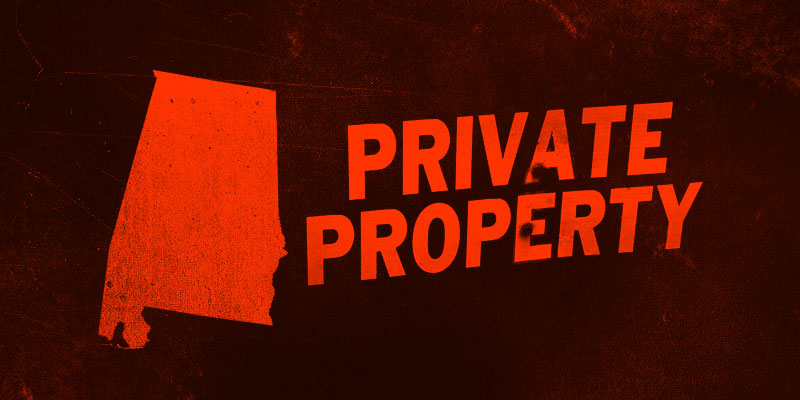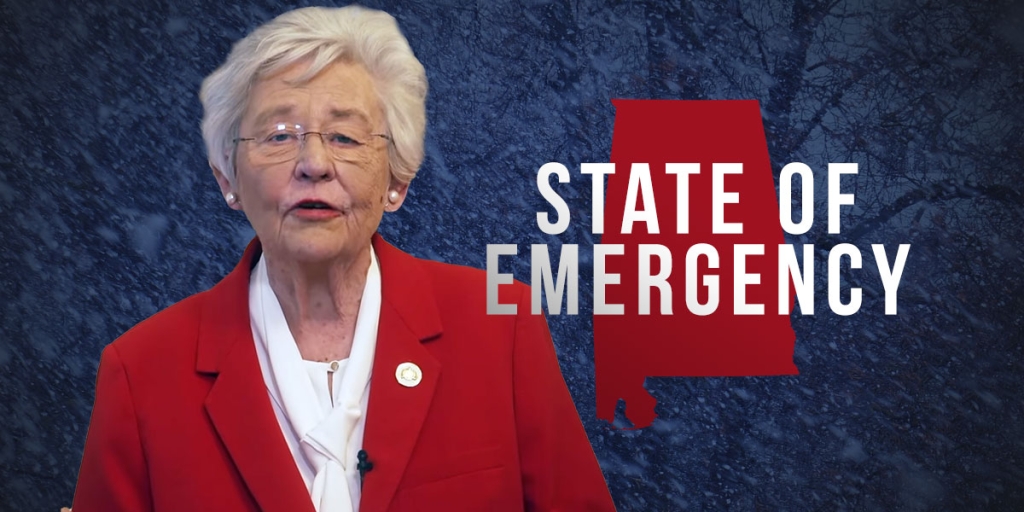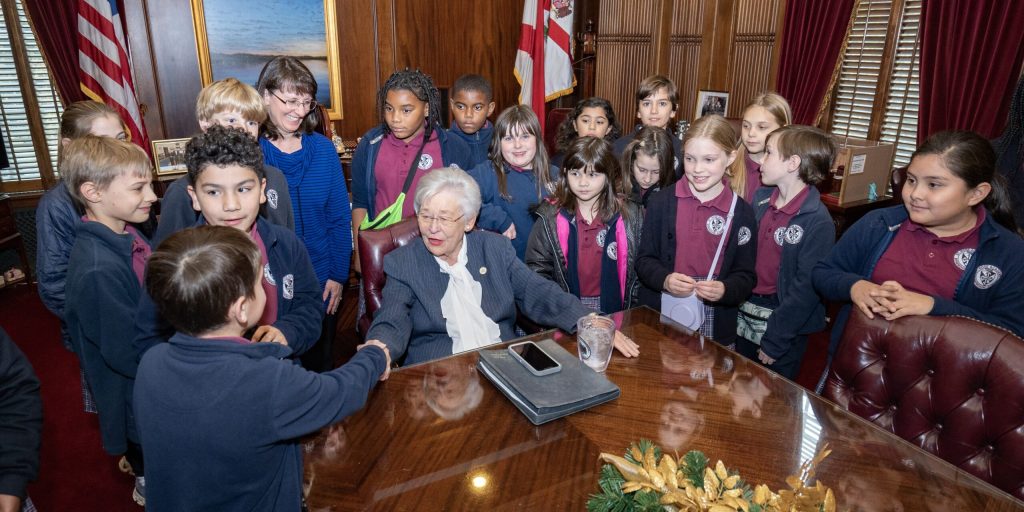Earlier this year, Alabama lawmakers passed legislation aimed at protecting property owners from squatters. It goes into effect on Saturday, June 1.
The new law imposes severe penalties for individuals who illegally enter a residence they do not own and creates a new offense for causing $1,000 or more in damage to a property.
These crimes are classified as Class C felonies, punishable by one to ten years of imprisonment in Alabama. Additionally, producing a falsified document purporting to be a binding lease, deed, or other instrument of ownership or occupancy is classified as a Class A misdemeanor, carrying up to one year in jail and fines of up to $6,000.
The new law establishes a process, administered by local law enforcement, to quickly remove individuals who are illegally squatting a property owner’s dwelling without authorization.
Effective June 1, the law allows homeowners to file an affidavit with their local sheriff’s office to have an unauthorized occupant removed. The squatter will have 24 hours’ notice to vacate the property or face criminal charges, including potential burglary charges.
RELATED: Alabama House passes bill to protect homeowners from squatters illegally occupying their property
“It has been said that a person’s home is their castle, yet after a national rise in illegal occupations of homeowner’s private property, it is apparent that more must be done to halt criminals from commandeering people’s homes,” said Alabama Governor Kay Ivey when she signed the bill into law.
“The best dwelling for an illegal squatter is a jail cell, and we in state government should never rest easy until all Alabama homeowners’ rights are fully protected,” Ivey said.
The initial legislation was led by State Rep. Craig Lipscomb (R-Gadsden), who said the goal is to establish a swift process for local law enforcement to remove unauthorized occupants from properties in Alabama, which remains generally less of an issue than in other states.
To connect with the author of this story, or to comment, email [email protected]













